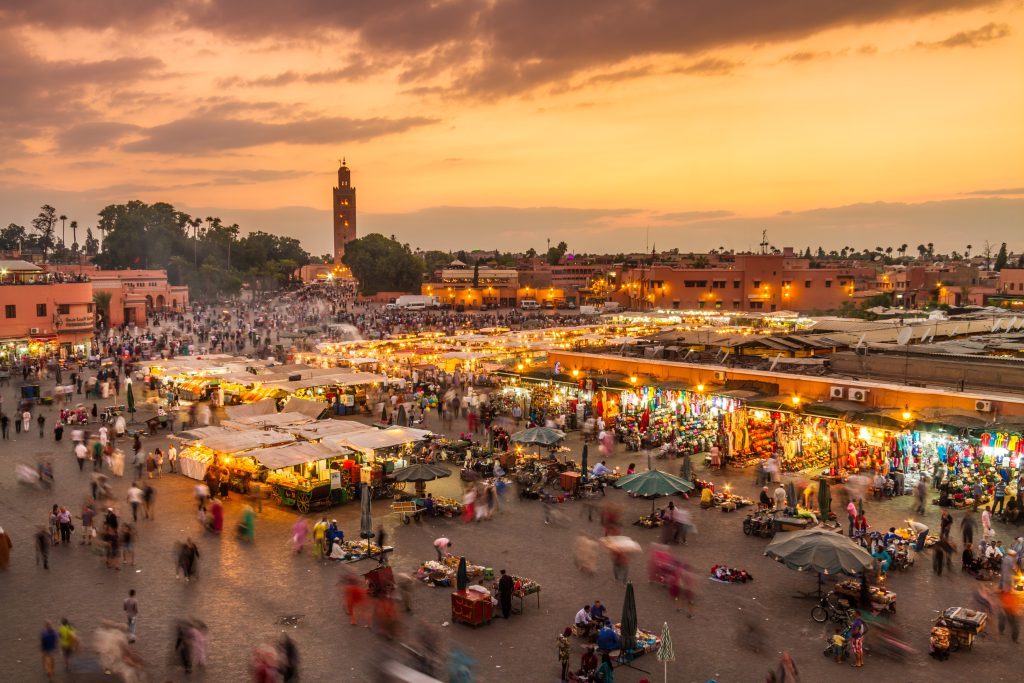A people-centric energy transformation
H.E. Leila Benali is the minister of energy transition and sustainable development of Morocco and president of the UN Assembly for Environment. This essay is part of the Global Energy Agenda.
Describing the recent crush of global crises, a wise man said, “We faced a century’s worth of tragedies in less than two years.” Our health systems might have emerged more resilient following the COVID-19 pandemic, but our economies and financial systems are still struggling at a time when emerging markets, like Morocco, want to escape the middle-income trap of 3 percent GDP growth.
The Russia-Ukraine war added to the unprecedented disturbance in already dislocated commodities supply chains, threatening nations’ energy security and triggering global inflationary pressure. It is not the first time humanity faces such continuous accumulation of upheavals , but it is the first time it does so at such record levels of global debt—238 percent of global GDP in 2022. This does not leave much room to tackle the triple planetary crisis of our time: climate change, environmental degradation, and biodiversity loss.
We are more often reminded of the fragility of our environment, with extreme weather events or natural disasters. A quarter of the United Nations’ membership, mostly Small Island Developing States, is at risk of disappearing by the end of the century because of rising sea levels. Humanity will face climate-triggered questions over sovereignty and national identity for the first time. Is our post-World War II world order, including our Bretton Woods institutions, equipped to answer?

Humanity will face climate-triggered questions over sovereignty and national identity for the first time. Is our post-World War II world order, including our Bretton Woods institutions, equipped to answer?
Part of the answer is already known: decarbonization of emitting sectors and acceleration of the energy transition would soften the worst impacts of climate change. And maybe, in the twenty-first century, some countries should show the way despite low historic responsibility for causing planetary warming. Morocco has a longstanding commitment toward sustainability despite its negligible emissions. It was one of the first countries to target a reduction of its greenhouse gas emissions by 45.5 percent by 2030 in its Nationally Determined Contribution.
To achieve necessary emissions cuts, pragmatism and inclusiveness are key. When affordability, as well as economic and social development are nonnegotiable, there is no room for ideology in technology and fuel taxonomies. We must leave the traditional energy transition narrative, driven by divisions, in the twentieth century, and embrace twenty-first century narratives.
We must leave the traditional energy transition narrative, driven by divisions, in the twentieth century, and embrace twenty-first century narratives.
Morocco generates more than 40 percent of its electricity capacity from renewable energy, and is also a fossil fuel importer, still largely exposed to global commodities’ price volatility and supply issues. Its approach to energy and climate, built over three decades, thus takes into account the complexity of building a credible, sustainable development path, while understanding the long-term nature of energy investments, and the role of lower-carbon fuels like natural gas as key to a well-ordered energy transition.
Coal-based generation will be phased out. More importantly, we want to harness our exceptional renewable resources, and the momentum created by rising technologies like green hydrogen, e-fuels, and storage. We want to leverage our favorable legal framework and three decades of experience in structuring and developing renewable and private energy projects.
Our strategic objectives are threefold:
1. Accelerate (i.e., triple) the pace of investments in renewable energies and key sectors like transmission infrastructure and storage solutions, starting today.
2. Build resilient and agile energy systems and grids that are secure, affordable, and sustainable.
3. Put people at the center of our energy transition and net-zero pathways, permeating the new socioeconomic models we are building.
How will we achieve these objectives? The National Strategy for Sustainable Development (NSSD) is our reference framework to support policies and programs in implementing Morocco’s sustainable development priorities. It is aligned with the 2030 Agenda and its seventeen Sustainable Development Goals as well as the main orientations of the Kingdom’s New Development Model.
The NSSD aims, by 2050, to promote resilience, human development, and reduction of social and territorial inequalities; mitigate and adapt to the consequences of climate change; and protect the environment.
What is different about this strategy is the approach. Through constant consultation, we harness the collective intelligence of all stakeholders—including local authorities, the private sector, civil society, youth, Moroccans living abroad and minorities—to shape the future they want for the country, and to craft with the government the relevant tools to operationalize our social and economic sustainable development path. This inclusive and democratic approach is already having tangible impacts on our new generation of public policies.
Morocco’s development path needs to be holistic, just, and sustainable. Therefore, this is a space and time for society to define the positive and negative externalities of development and price them. These policy levers for sustainable development are defined at the local level, acknowledging the diverse needs and aspirations of our twelve regions.
Even if I am personally excited by the leaps in space technologies, there is still no Planet B, and human societies are still dependent on their environment on Planet Earth. Morocco’s sustainable development strategy is not only a response to the climate crisis, or another mere net-zero pathway, but a means to reintroduce humanity into our policies, placing people at the center of the system.
All essays
Related program

The Global Energy Center develops and promotes pragmatic and nonpartisan policy solutions designed to advance global energy security, enhance economic opportunity, and accelerate pathways to net-zero emissions.
Image: Jamaa el Fna market square, Marrakesh, Morocco, north Africa. Jemaa el-Fnaa, Djema el-Fna or Djemaa el-Fnaa is a famous square and market place in Marrakesh's medina quarter. (Matej Kastelic, Shutterstock) https://www.shutterstock.com/image-photo/jamaa-el-fna-market-square-marrakesh-685174879
